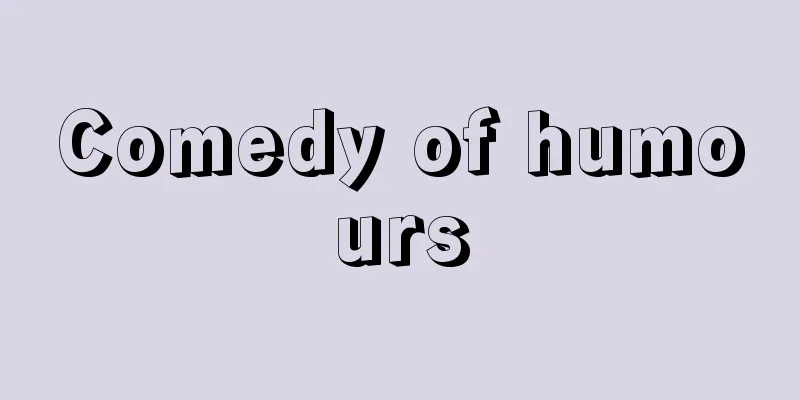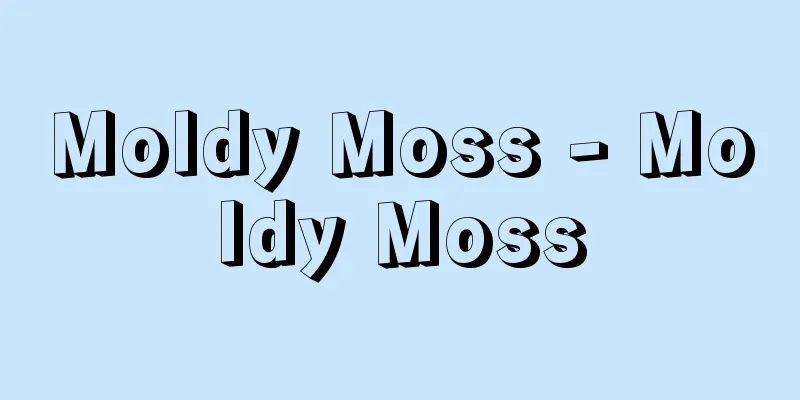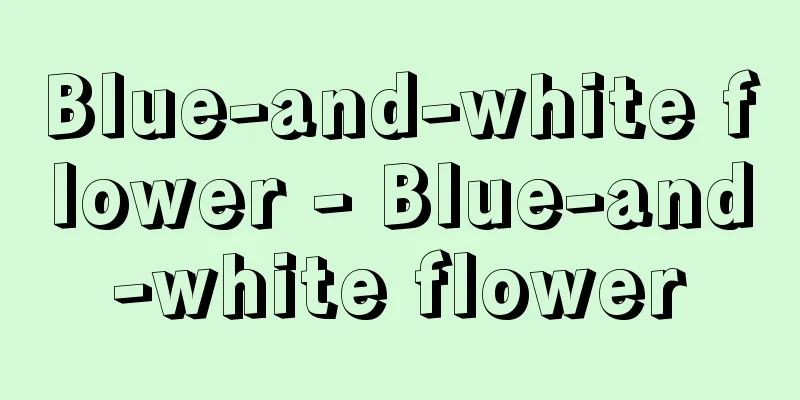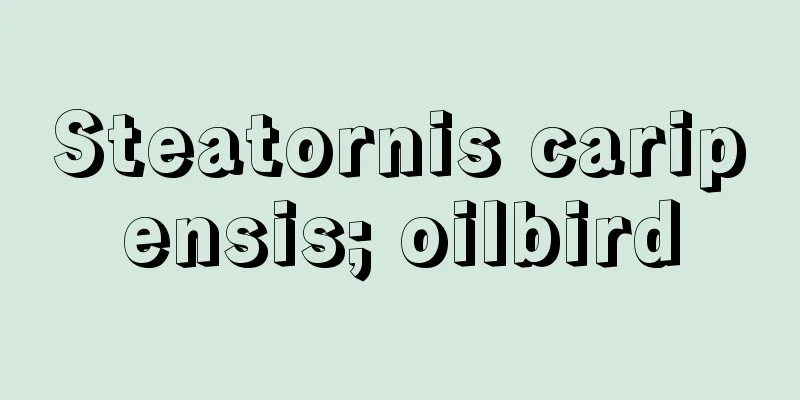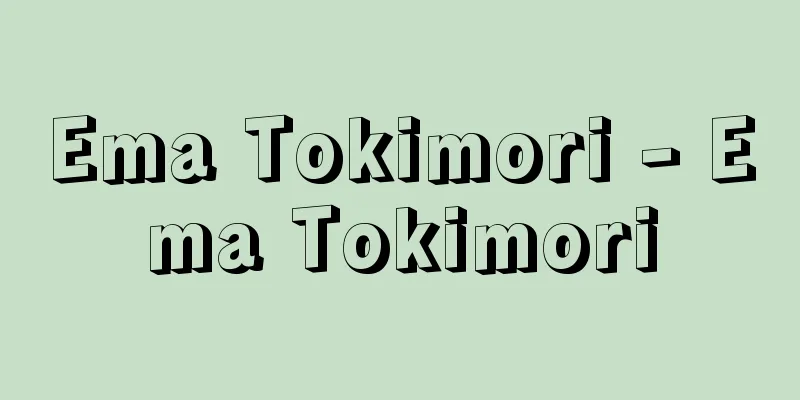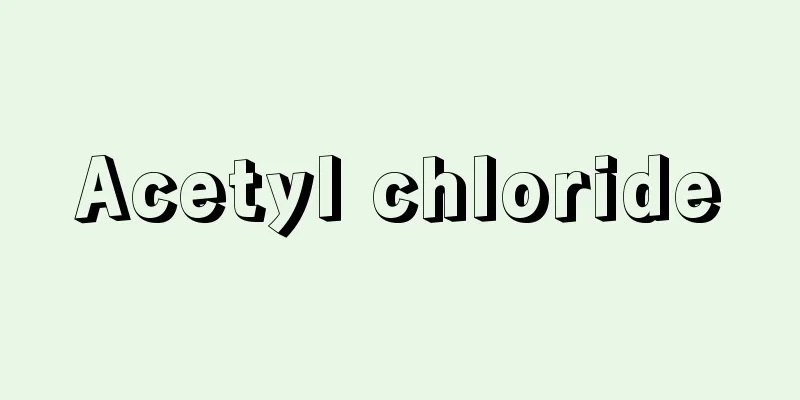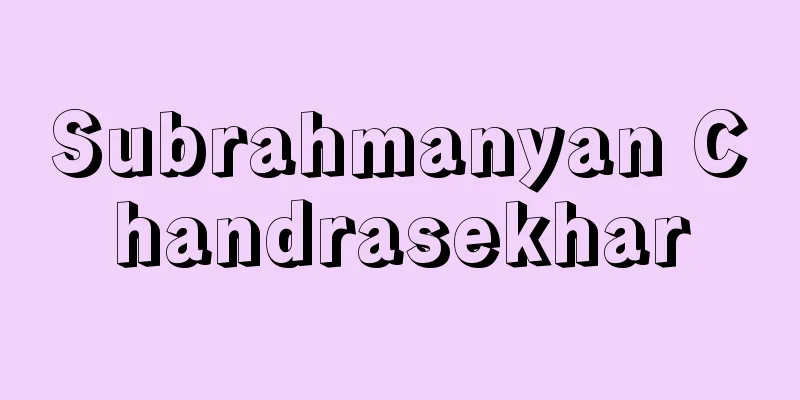Act against Unfair Premiums and Misrepresentations - Act against Unfair Premiums and Misrepresentations
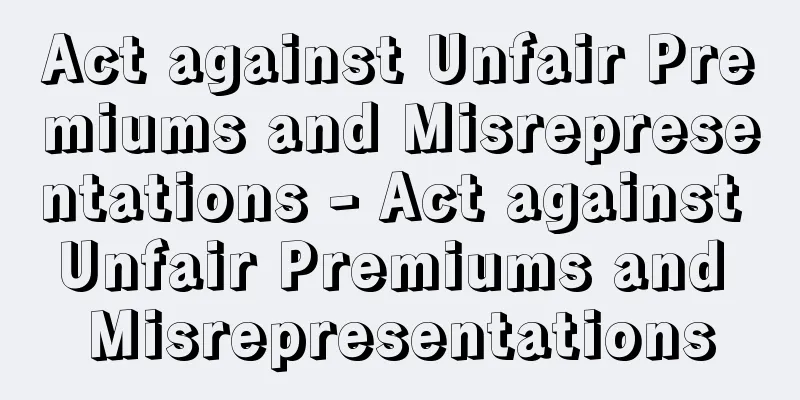
|
This law (Law No. 134 of 1962) aims to ensure fair competition and protect the interests of consumers by eliminating excessive premiums and false or exaggerated representations. It is also called the Premiums and Representations Act or the Premiums and Representations Act. [Kuniyuki Ueki] Background to the enactmentExcessive premium sales and false and exaggerated representations exploit consumer misconceptions, distort the appropriate selection of products and services based on quality and price, hinder fair competition, and ultimately harm the optimal allocation of resources in the economy as a whole, and therefore violate Article 19 of the Antimonopoly Act as unfair trade practices. However, because the regulations of the Antimonopoly Act are abstract and the procedures for eliminating violations are strict, there has been a problem in that the Act is unable to respond to individual cases that occur one after another. Since around 1960, excessive premium sales and mislabeling of canned horse meat as canned beef had become a problem, so this law was enacted in 1987 to clarify the content of regulations and enable swift crackdown with simplified procedures. In 1987, some authority was delegated to prefectural governors to deal with the frequent violations. [Kuniyuki Ueki] Contents of the Act against Unjustifiable Premiums and Misleading RepresentationsThe Act on Premiums and Representations, first of all, regulates the maximum price, total amount, and method of offering of premiums when selling with premiums, with these limits being set by the Fair Trade Commission on a case-by-case basis. However, while premiums have the detrimental effect of distorting consumers' choices when making transactions, they also impress consumers with new products and services for new companies entering the market, and stimulate competition with existing companies. For this reason, sales with premiums are not completely banned, but excessive ones that hinder fair competition are prohibited. Recently, there has been strong demand for deregulation in order to allow foreign companies to enter the Japanese market, and so deregulation is being undertaken. The second content is the prohibition of misleading representations in advertising and other representations. Representations broadly include product and service instructions and packaging, and recently representations on the Internet have also been added. Three types of representations are prohibited: representations that make a product or service appear better than it actually is (misleading representations of quality), representations that make prices and other transaction terms appear more favorable than they actually are (misleading representations of advantage), and representations designated by the Fair Trade Commission to prevent misunderstandings. The designated representations include those related to non-juice drinks, the country of origin of a product, conditions of consumer credit, and decoy advertising. [Kuniyuki Ueki] Violation EnforcementThose who violate the prohibitions can be ordered by the Fair Trade Commission through simple procedures to take measures such as prohibiting the act or issuing corrective advertisements for the unfair acts. Governors can also give similar instructions. Furthermore, with the approval of the Fair Trade Commission, companies or organizations can conclude "fair competition rules" that stipulate self-restraint on excessive premium sales and misleading representations, and voluntarily correct unfair acts. Currently, fair competition rules have been established for many real estate, automobiles, home appliances, milk, confectionery, and other food products. [Kuniyuki Ueki] "New Antimonopoly Law Practice" edited by Jitosho Gono (1993, Commercial Law Research Association) " "Unfair Representation Law as Seen in Judicial and Appeal Decision Cases" by Ueki Kuniyuki (1996, Commercial Law Research Association) [Reference items] | | | | | | |Source: Shogakukan Encyclopedia Nipponica About Encyclopedia Nipponica Information | Legend |
|
過大な景品付販売と虚偽・誇大な表示を排除して、公正な競争を確保し、消費者の利益の保護を目的とする法律(昭和37年法律第134号)。景品表示法または景表法と略称される。 [植木邦之] 制定の背景過大な景品付販売、虚偽・誇大な表示は、消費者の錯誤に乗じて、品質、価格による商品・サービスの適正な選択をゆがめて公正な競争を妨げ、ひいては経済全体の資源の最適配分を害することから、不公正な取引方法として独占禁止法19条に違反する。しかし、独占禁止法の規制規定が抽象的で、かつ、違反排除手続が厳格であることから、続発する個々の事件に対応できないという問題があった。 1960年(昭和35)ごろから、過大な景品付販売が横行し、また、馬肉の缶詰を牛肉缶詰と偽る不当表示が発生して問題となったことから、規制内容を明確にし、簡易な手続で敏速な取締りを行うようにするため、62年、この法律が制定された。また、72年には、多発する違反行為に対処するため、都道府県知事に権限の一部が委任された。 [植木邦之] 景品表示法の内容景品表示法の内容は、第一に、景品付販売の際の景品の最高額、総額、提供方法の規制で、これらの限度は公正取引委員会により、各場合に応じて定められている。ただ、景品は、消費者の取引の際の選択をゆがめるという弊害がある反面、新規に市場に進出した企業にとっては、新しい商品・サービスを消費者に印象づけ、既存企業との競争を活発にする側面をもつ。このため、景品付販売は全面的な禁止はされず、公正な競争を妨げる過大なものが禁止される。最近は、海外企業がわが国市場に進出するため、規制緩和の要求が強く、緩和が行われている。 内容の第二は広告などの表示における不当表示の禁止である。表示には、広く商品・サービスの説明書、包装などを含み、最近はインターネット上の表示も追加された。禁止されるのは、商品・サービスを実際よりも優良にみせかける表示(優良誤認表示)、価格などの取引条件を実際よりも有利にみせかける表示(有利誤認表示)、誤認を防止するため公正取引委員会が指定する表示の3種類で、指定されたものには、無果汁飲料、商品の原産国、消費者信用の条件、おとり広告についてのものがある。 [植木邦之] 違反措置禁止事項に違反する者には、公正取引委員会が簡易な手続による命令で、行為の禁止、不当行為の訂正広告などの措置を命ずる。知事も、同様な内容の指示をすることができる。また、企業またはその団体は、公正取引委員会の承認を得て、過大な景品付販売と不当表示を自粛することを内容とした「公正競争規約」を締結し、自主的に不当行為を是正することができるようになっており、現在、不動産、自動車、家電製品、牛乳、菓子などの食料品の多くに、公正競争規約が設定されている。 [植木邦之] 『地頭所五男編『新しい独占禁止法の実務』(1993・商事法務研究会)』▽『植木邦之著『判・審決例からみた不当表示法』(1996・商事法務研究会)』 [参照項目] | | | | | | |出典 小学館 日本大百科全書(ニッポニカ)日本大百科全書(ニッポニカ)について 情報 | 凡例 |
>>: Staphylococcus (Budokyukin) (English spelling) Staphylococcus
Recommend
Leather shop - Kawadokoro
...The parts of the armor, such as the chest boar...
Estado Novo - Estado Novo
…He organized a single political party, the Natio...
Short song (short song) - Kota
A short Japanese folk song. It is also written as ...
Steatornithidae
...A bird of the Steatornithidae family (illustra...
Football Association
…In an attempt to eliminate this inconvenience, a...
Inserted mole - Inserted mole
…Body decoration and transformation [Hiroko Yokoy...
Peach neighbor - Tourin
1649‐1719 (Keian 2‐Kyoho 4) A haiku poet of the ea...
Rhododendron boninense (English name) Rhododendronboninense
…[Yoshiharu Iijima]. … *Some of the terminology t...
Folies-Bergères (English spelling)
...After World War I, music halls began to declin...
Three Chapters of Law - Hosansho
It's an analogy for politics where the laws ar...
Volcanic spine
A rock tower-like formation formed by the solidifi...
Uchimi
…Contusion and contusion are almost synonymous, b...
Oriyā (English spelling) Oriya
...There is a considerable movement of population...
Kotoite (English spelling)
A borate mineral. It occurs in the contact zone o...
Glyptodon
A genus of mammalian rodent that lived in both Nor...
